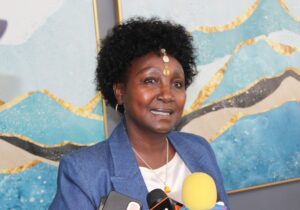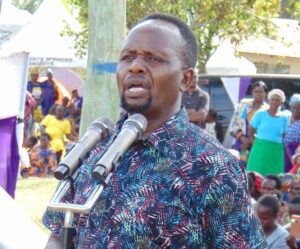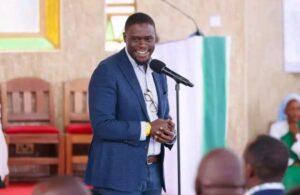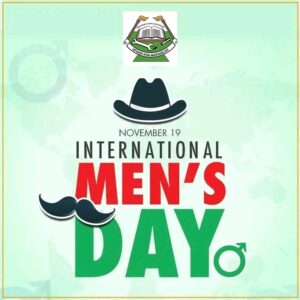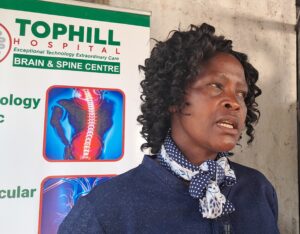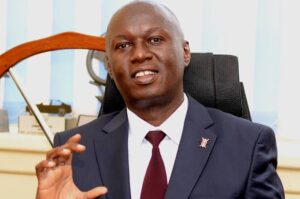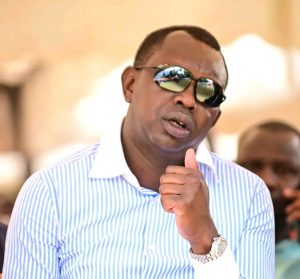Oscar Sudi Apologizes to Catholic Bishops and Clergy
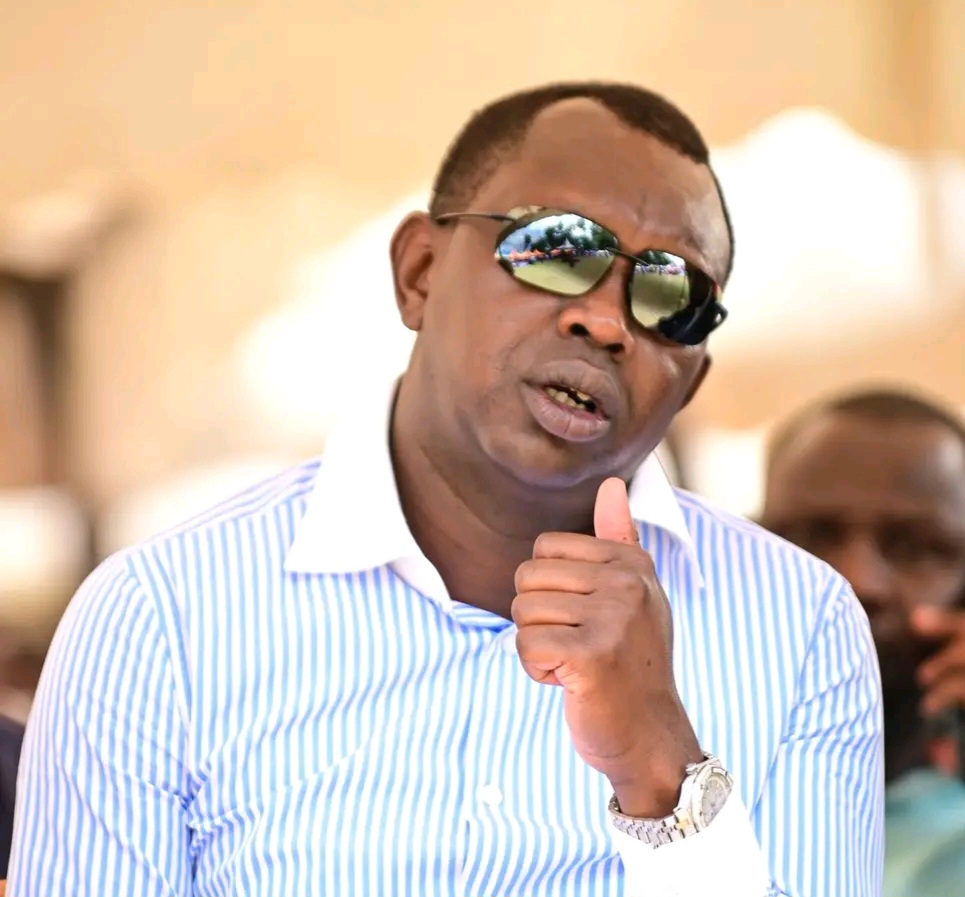
Kapseret Member of Parliament, Oscar Sudi, has issued a public apology to Catholic bishops and other clergy who may have been offended by his and others’ direct contributions to grassroots churches, bypassing the traditional hierarchical approval from top church leaders.
In a statement addressing the controversy, Sudi acknowledged that while no one is perfect—whether preacher, priest, congregant, or politician—mutual tolerance and understanding are crucial in the pursuit of God’s work. He emphasized that all Christians, and indeed people of all faiths, have a responsibility to contribute to the building of places of worship, a practice he described as non-negotiable.
“There’s no perfect human being,” said Sudi. “The Bible says we all fall short of the glory of God, and we must learn to tolerate one another. Whether you’re a Christian or a Muslim, we all have a duty to give offerings, tithe, and contribute to the building of places of worship. That is a responsibility we will not shy away from.”
Sudi’s comments come after growing tensions within the Catholic Church, where some bishops and senior clergy members expressed discontent over what they perceive as an erosion of their authority. Sudi suggested that part of the issue arose from grassroots churches reaching out to politicians, priests, and pastors for direct donations for church development projects, without seeking approval or permission from higher church authorities.
“Perhaps some of the top church leaders felt offended when we went directly to the grassroots churches and contributed, as requested by priests and pastors, without first seeking permission from the bishops. If that is the point of contention, we are ready to notify you at the top,” he remarked, referring to his willingness to engage with senior church leaders moving forward.
The MP defended the practice, explaining that it was often the pastors and priests who reached out to him and other public figures for assistance with church development projects. According to Sudi, it is not uncommon for local church leaders to make direct requests for help, which are then fulfilled by well-wishers and donors.
“Most of the time, it’s the pastors and priests who invite us to help with development projects. We don’t initiate it; they reach out to us,” Sudi clarified. “If some leaders feel that their authority is being undermined, they should make their agenda clear and avoid misleading the faithful.”
Sudi also took aim at church leaders who have threatened to organize protests over the issue, accusing them of dishonesty and unclear motives. “Church leaders who are even threatening to call for protests are being dishonest. If they have concerns, they should address them openly and honestly, instead of hiding behind protests.”
The Kapseret MP’s remarks come amidst growing debate over the role of politicians in church affairs and the control of church funds and contributions. The controversy has sparked public discussion about the balance between church autonomy and community involvement in church activities.
While many of Sudi’s supporters argue that his actions reflect a genuine desire to support local churches and foster development, critics contend that bypassing established church structures undermines the authority of religious leaders and could lead to division within the church.
Despite the tensions, Sudi remains steadfast in his commitment to continue supporting the church at all levels, especially at the grassroots.
“We are committed to ensuring that places of worship are presentable and functional, just as Jesus went to prepare a place for us,” Sudi concluded. “As Christians, we must work together, irrespective of our differences, to build the church of God.”

